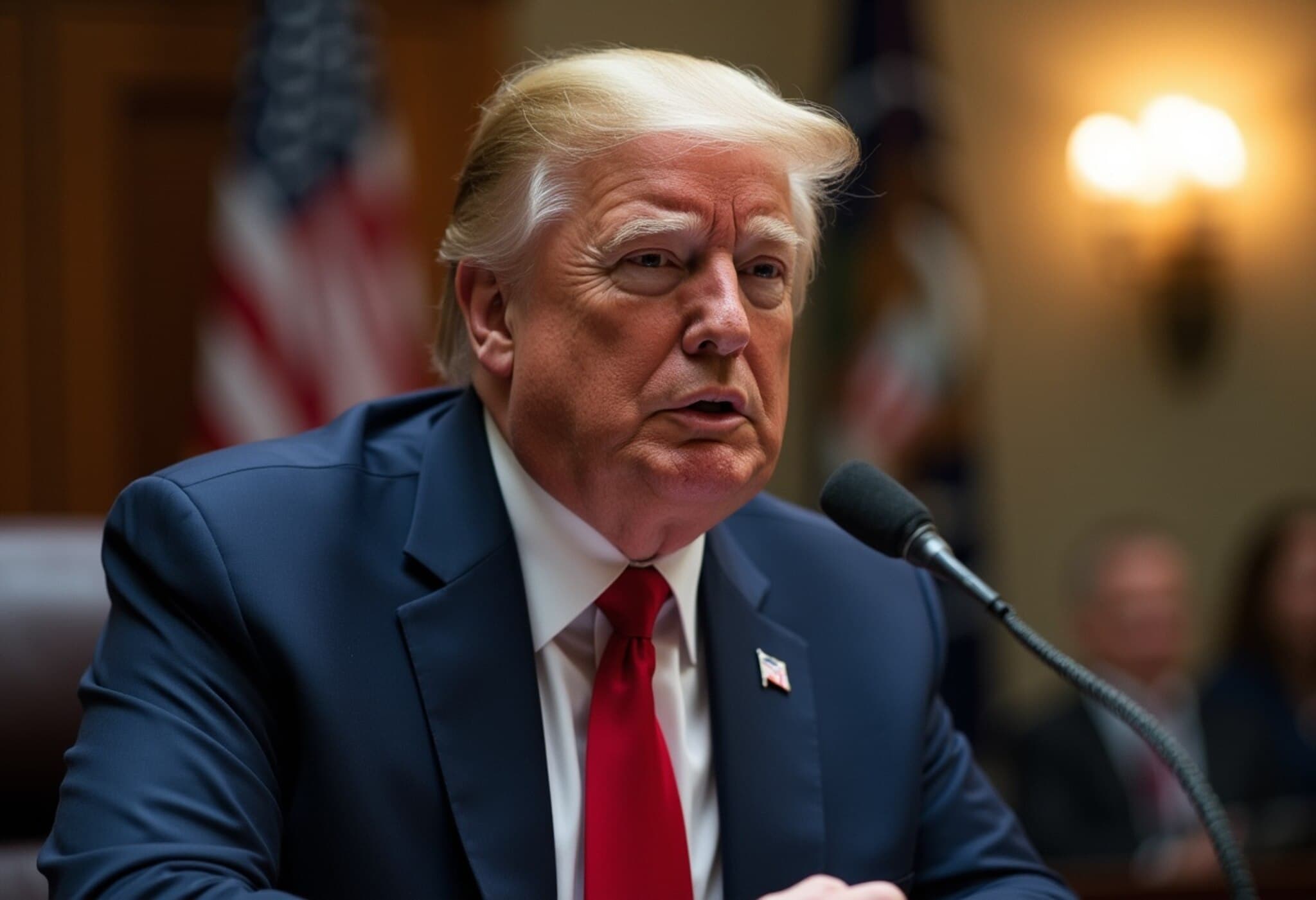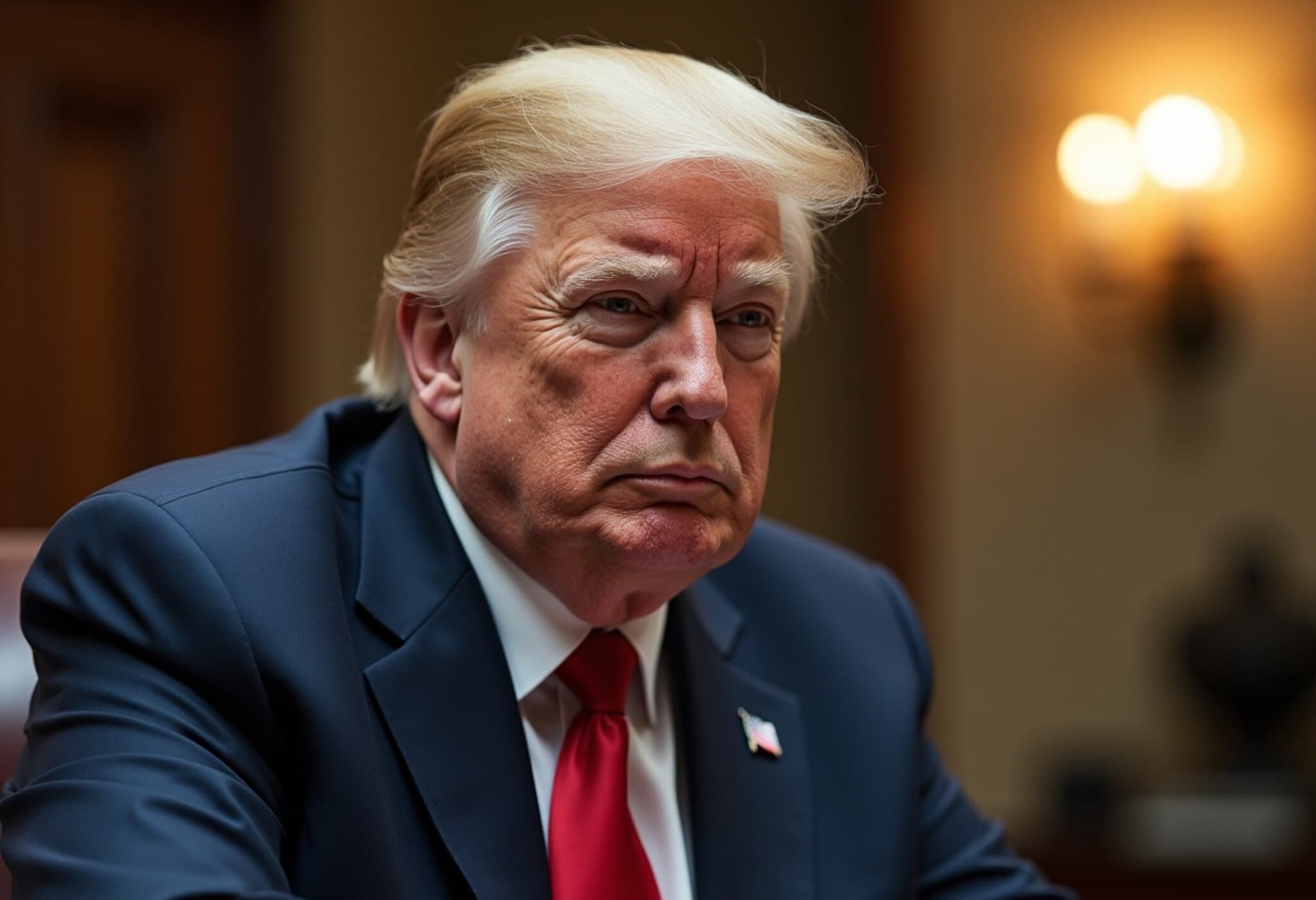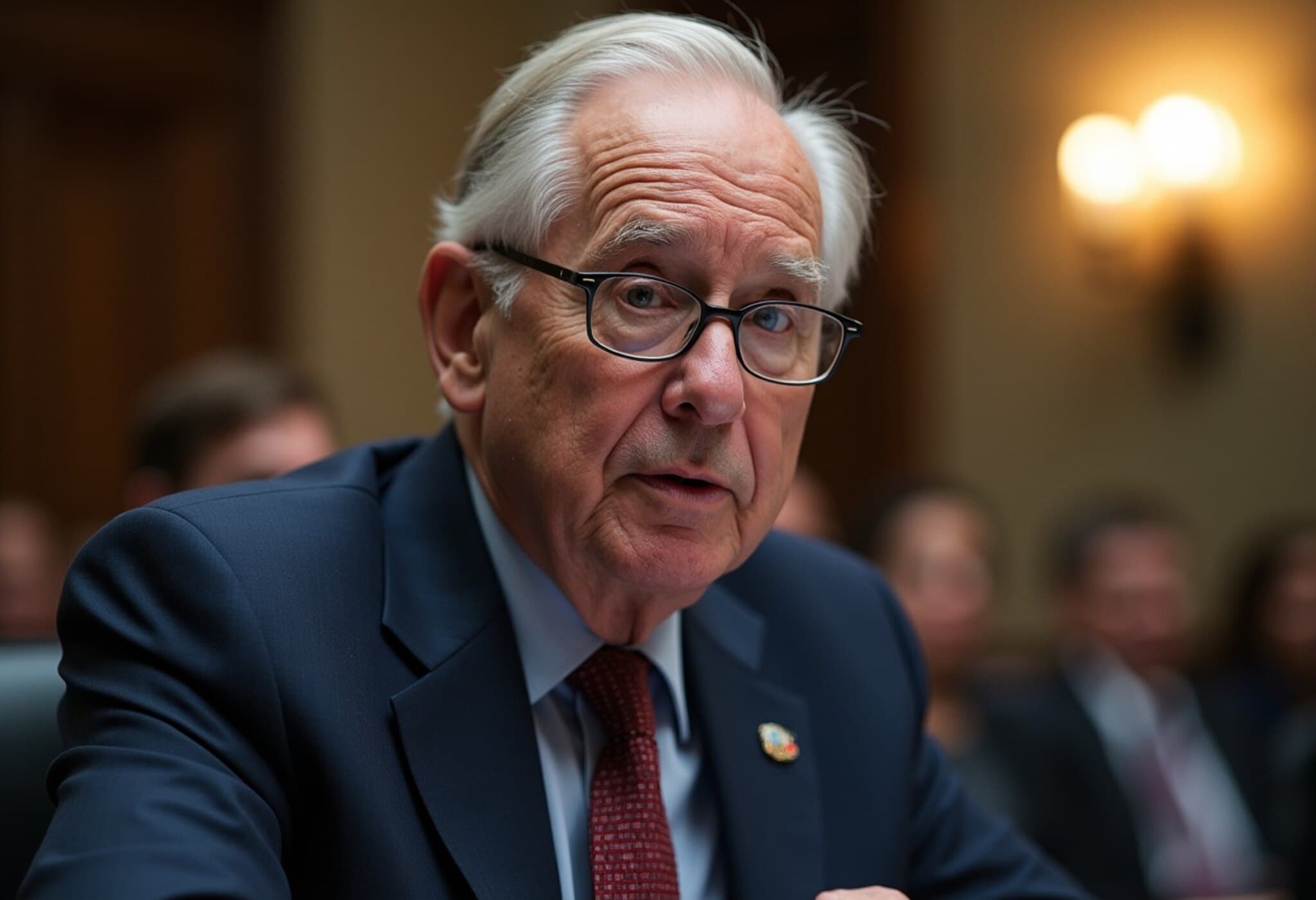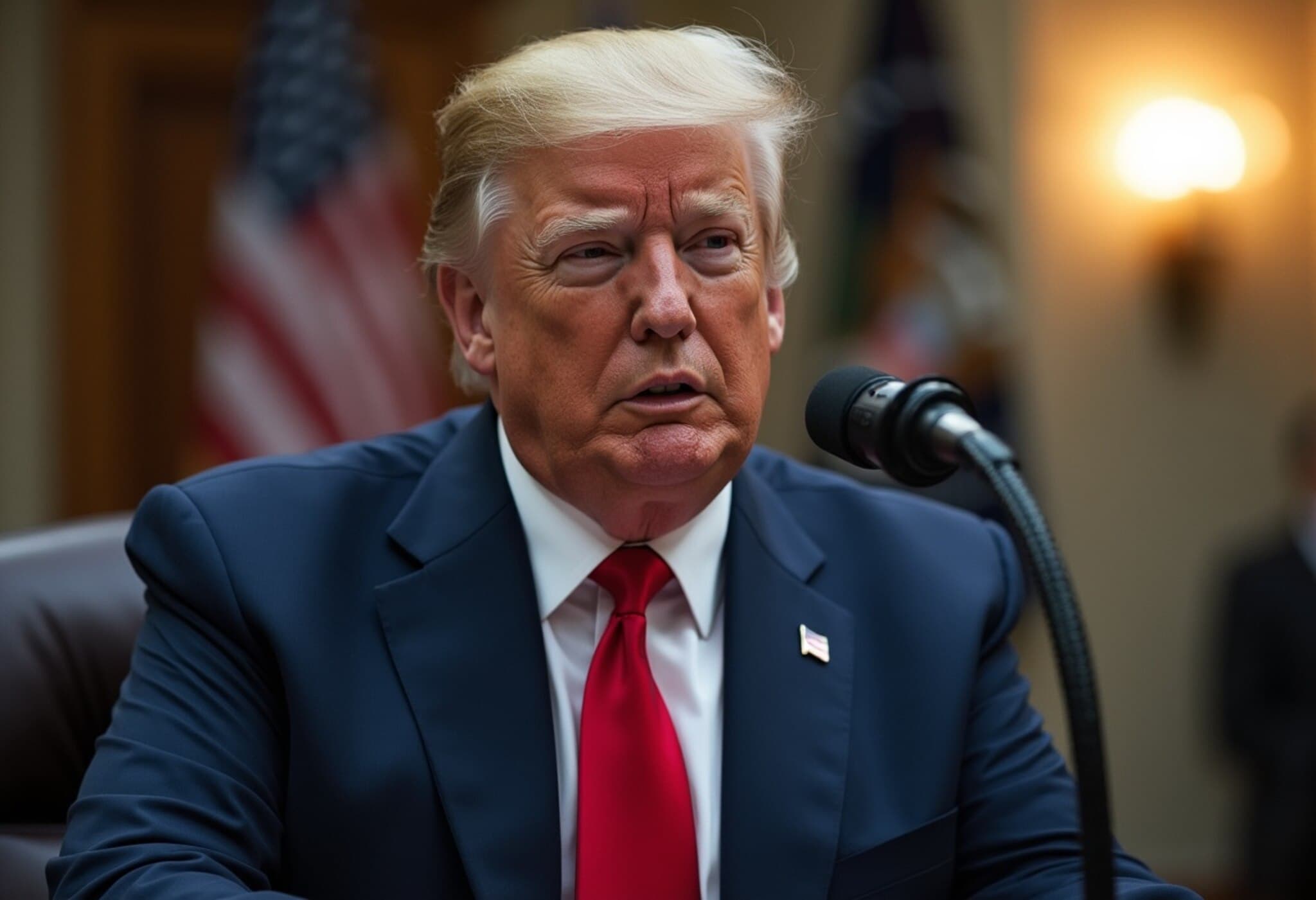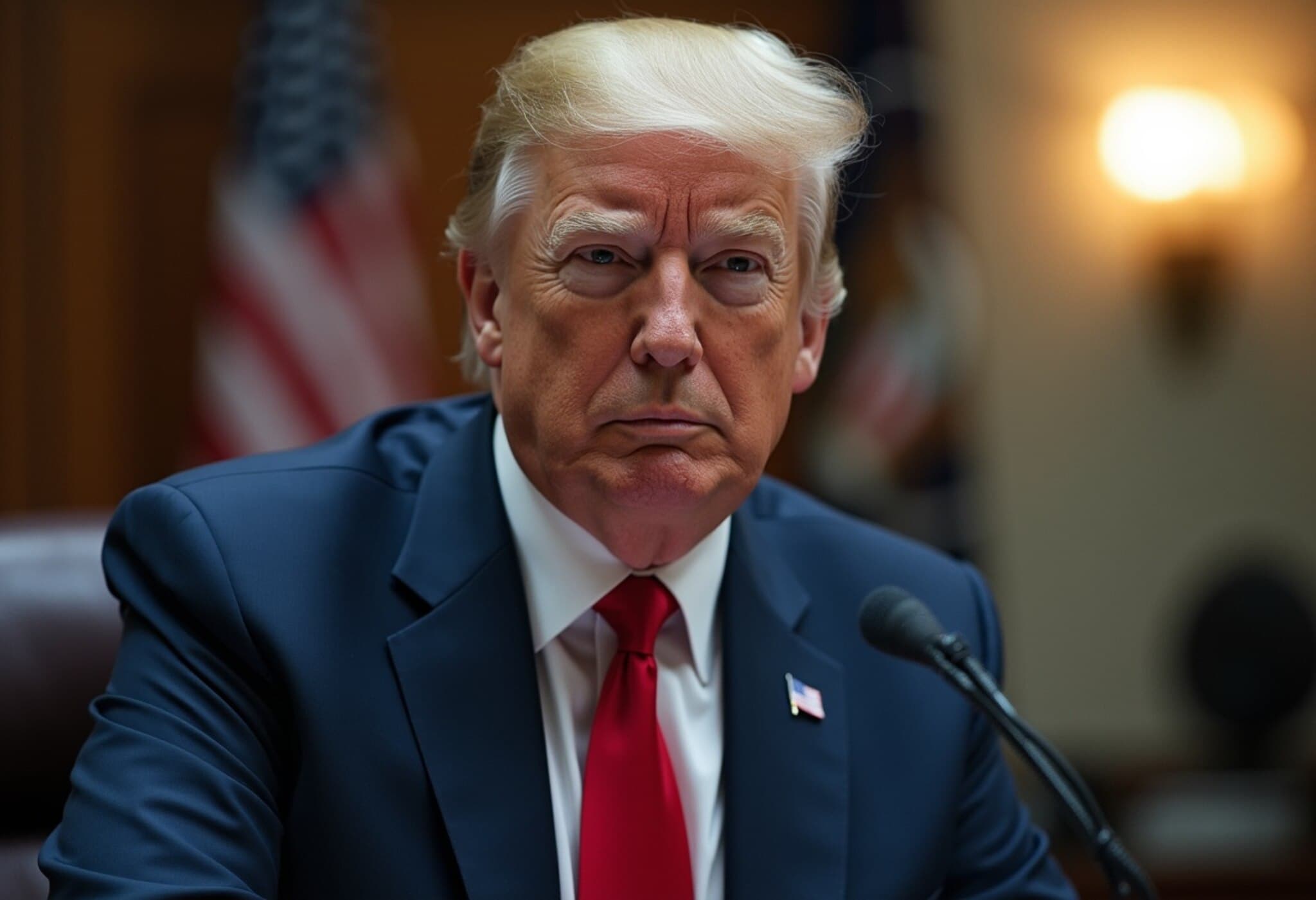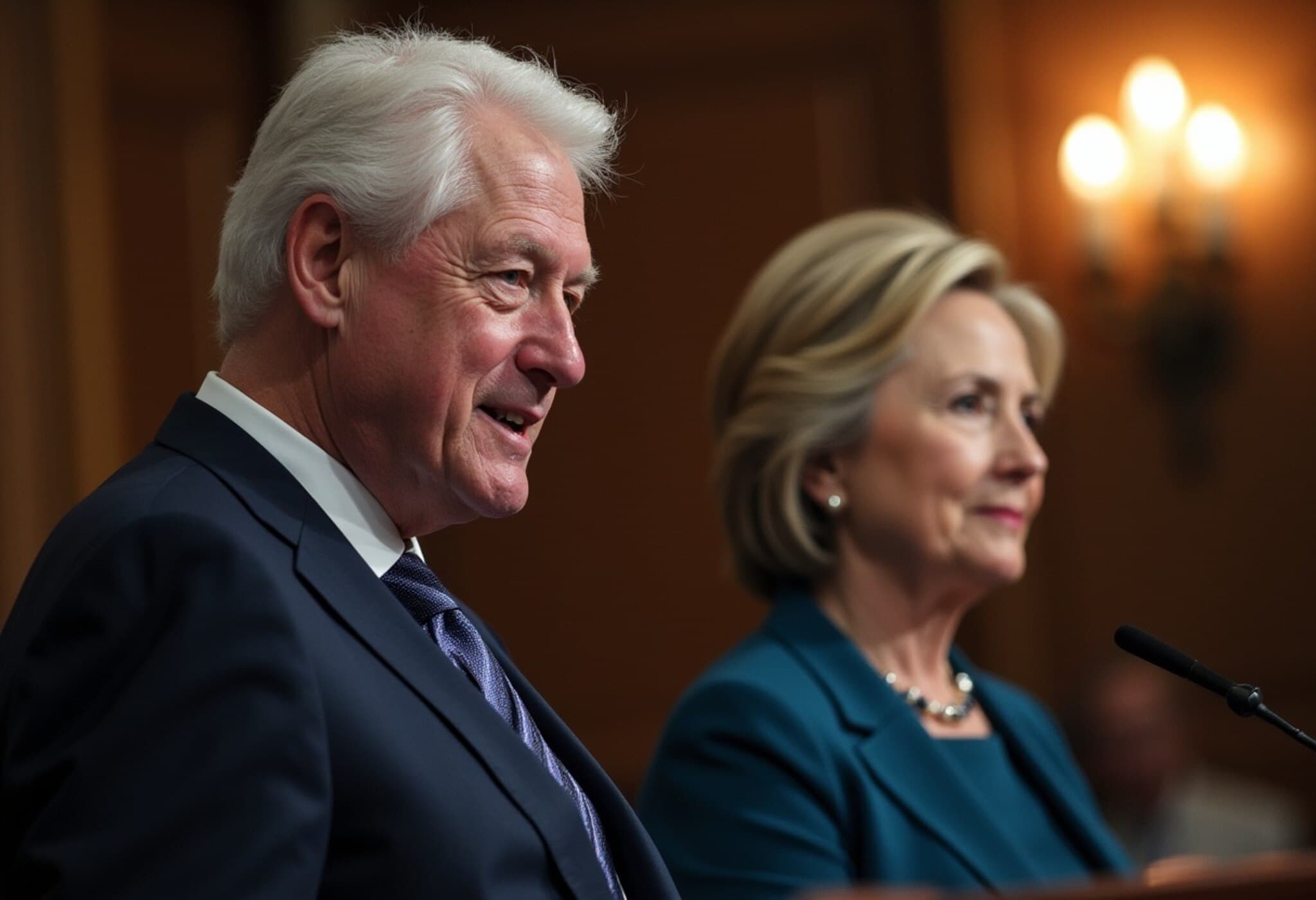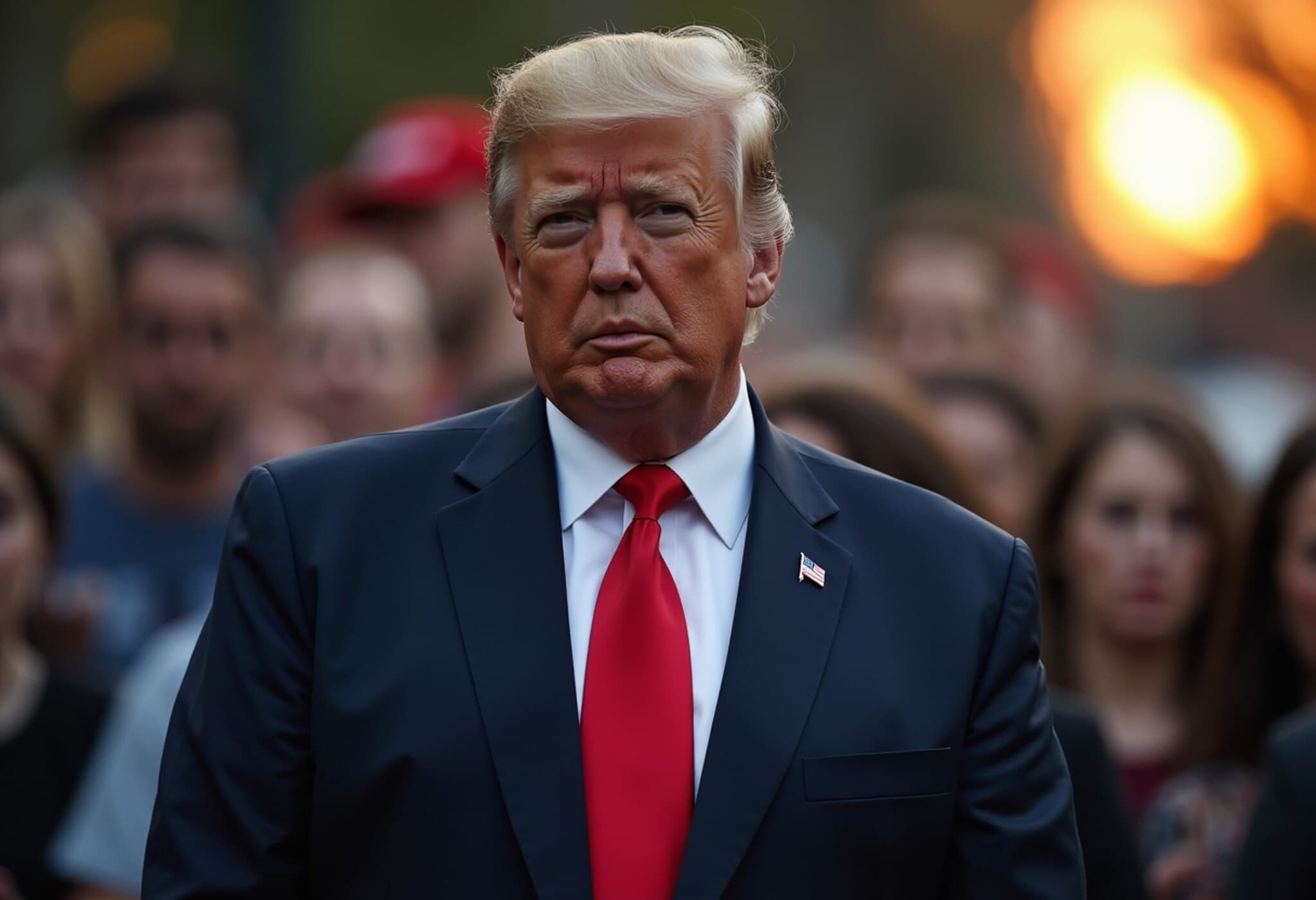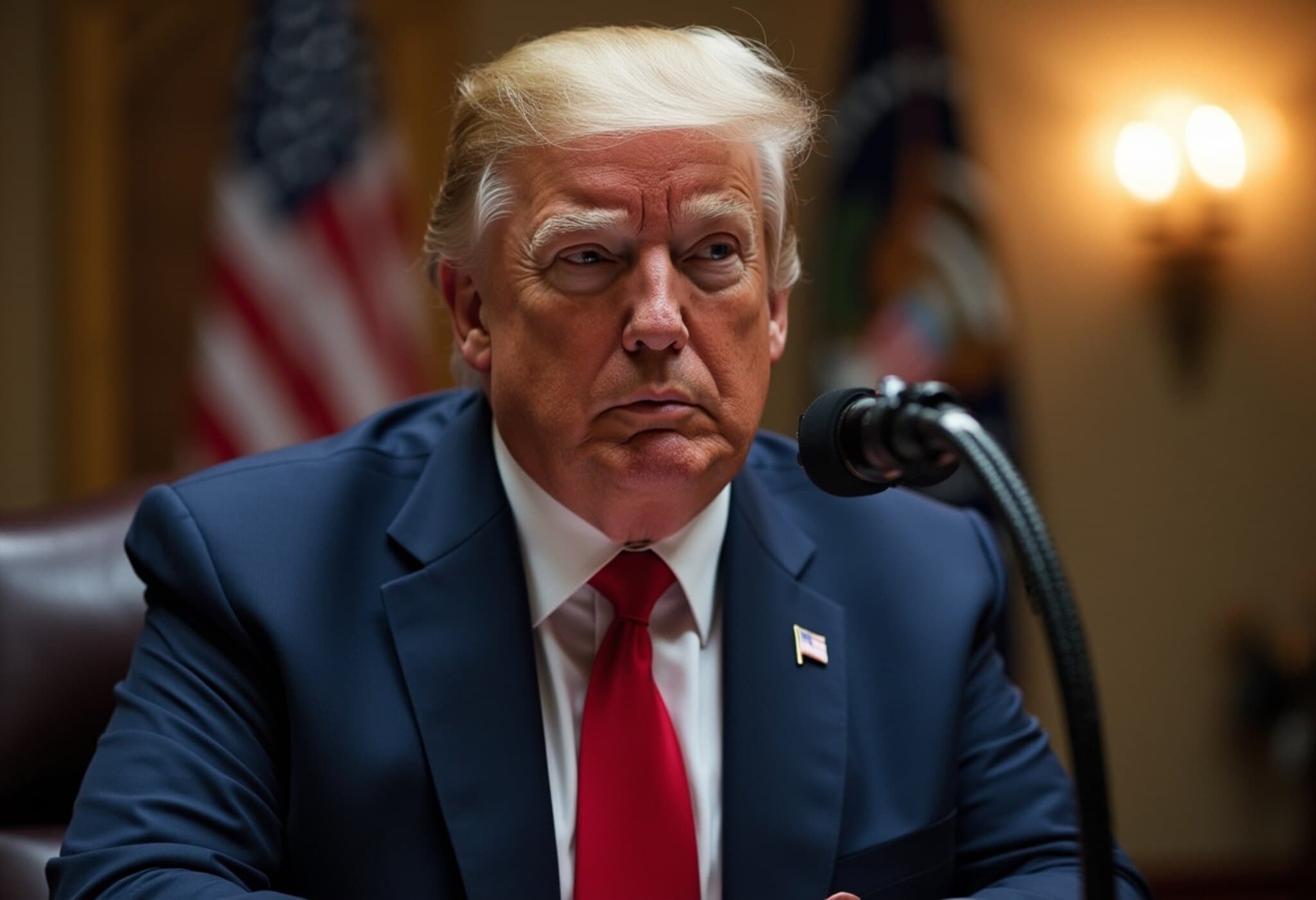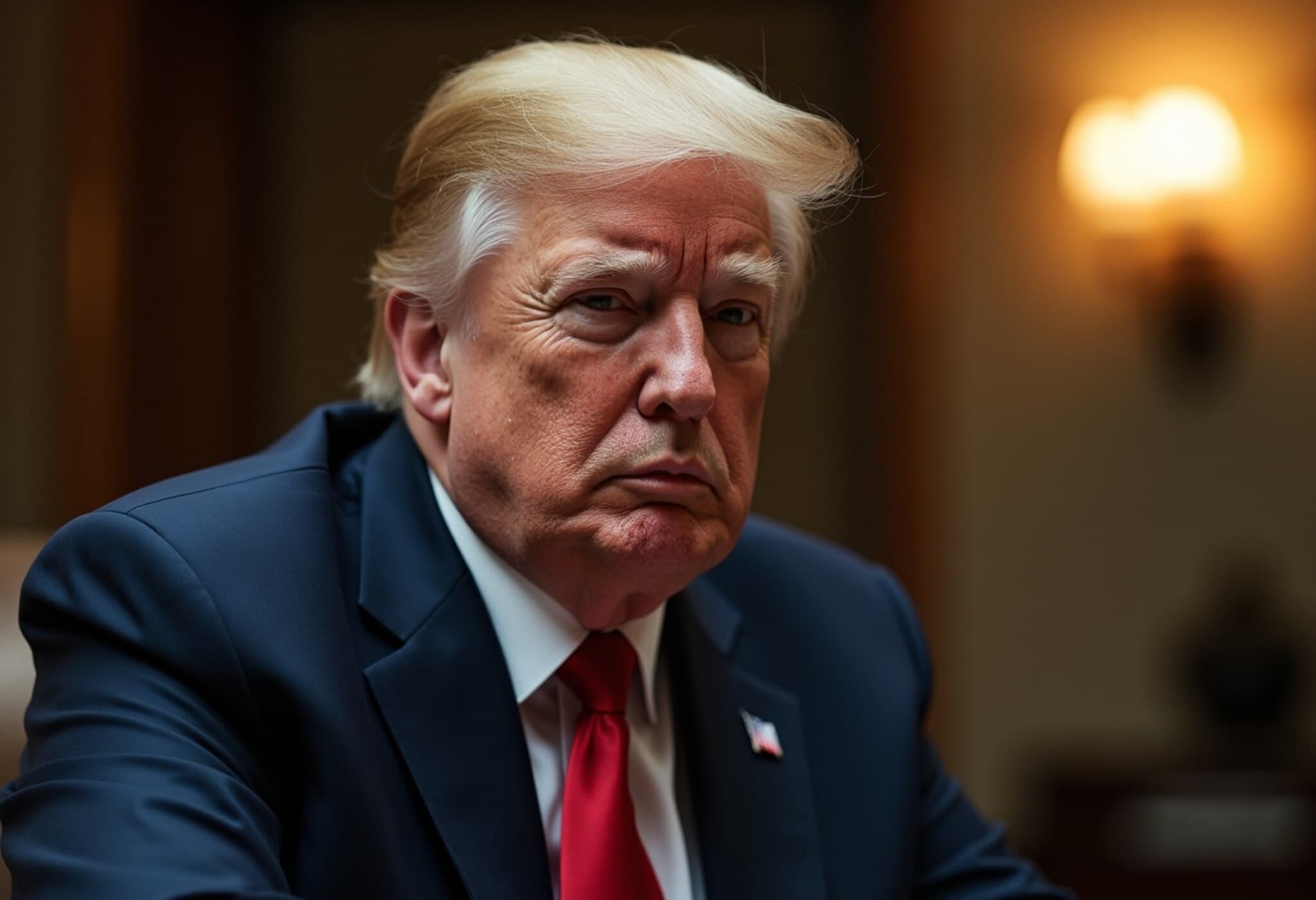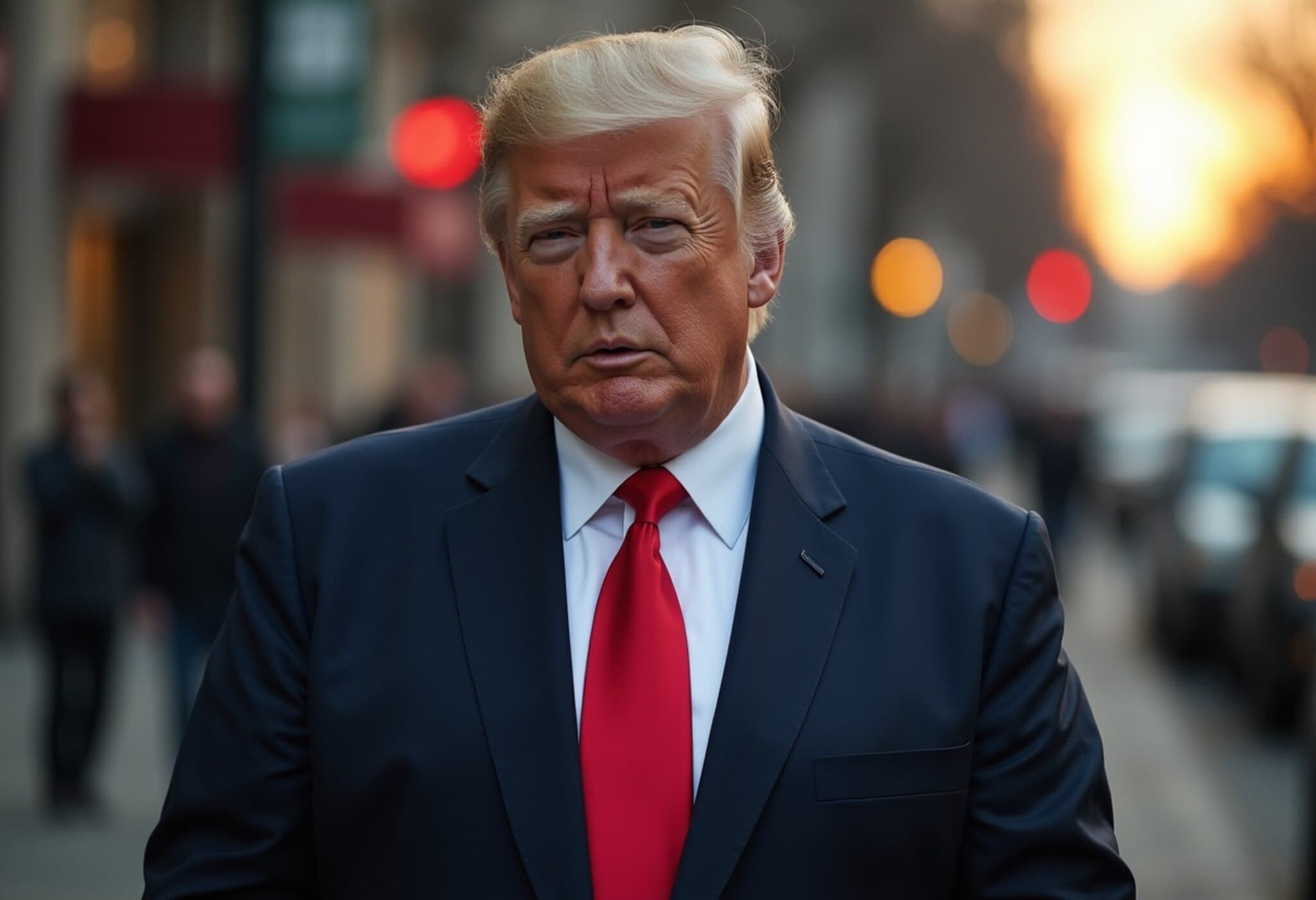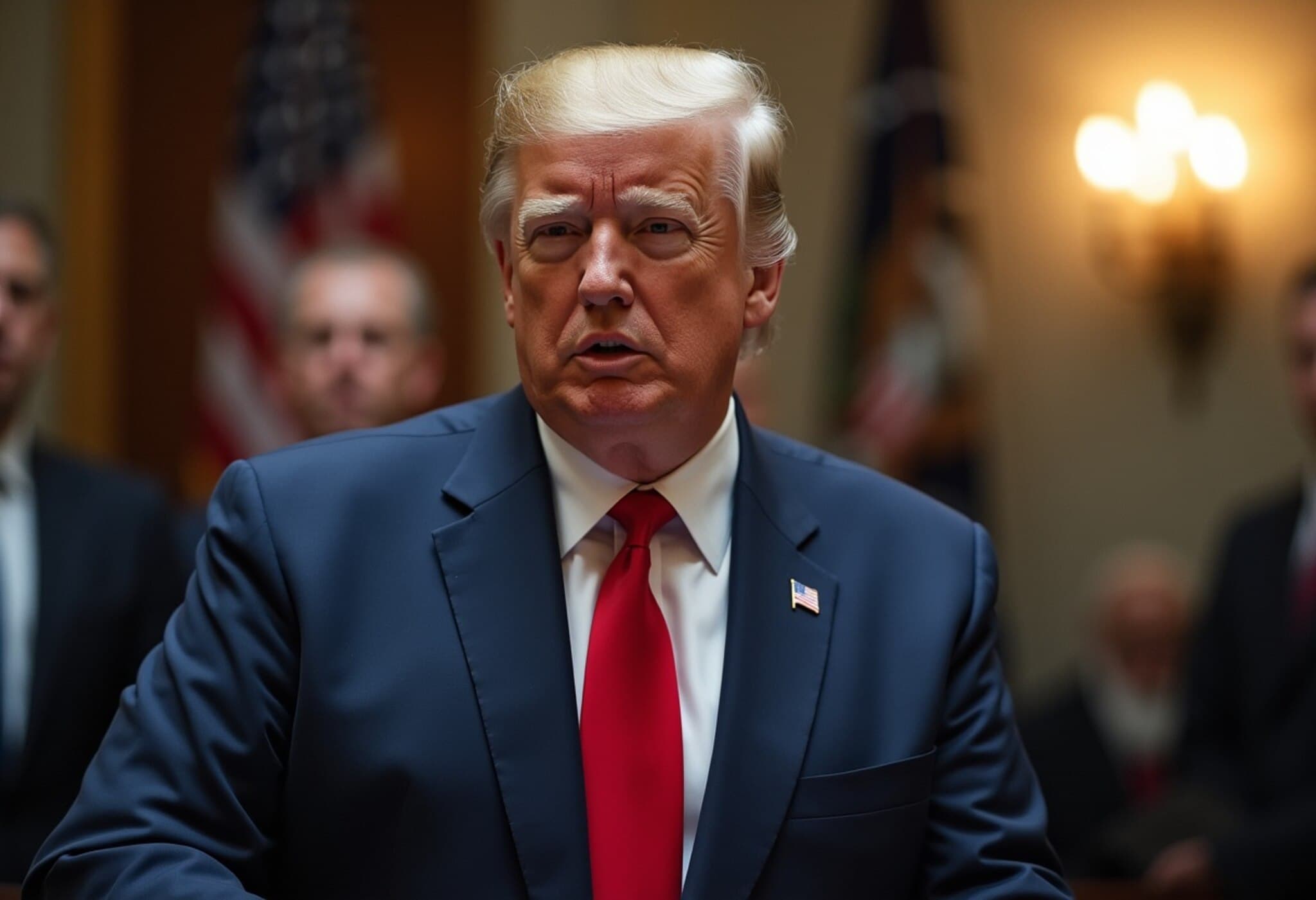Trump Dismisses Epstein Case as 'Boring' Despite Rising Pressure
In a recent media interaction, President Donald Trump downplayed the significance of the ongoing scrutiny surrounding Jeffrey Epstein, calling the investigation “boring” and suggesting that only “bad people” want it pursued. His remarks come at a time when there is intensifying demand from within his own Republican base for greater disclosure about the Epstein case.
Trump, speaking on July 15, 2025, at Joint Base Andrews, Maryland, conveyed frustration over what he described as public obsession with the details of the notorious sex offender’s network. “I don’t understand why the Jeffrey Epstein case would be of interest to anybody,” Trump said. “It’s pretty boring stuff. It’s sordid, but it’s boring, and I don’t understand why it keeps going. I think really only pretty bad people, including fake news, want to keep something like that going.”
Supporter Demands Clash With Presidential Dismissal
Despite Trump’s dismissal, key voices within the Republican party and his MAGA supporters are increasingly vocal about the need for transparency. Many suspect that the administration may be protecting influential figures linked to Epstein, whose alleged crimes have had far-reaching implications across elite social and political circles.
Attorney General Pam Bondi has become a lightning rod for criticism after previously stating the Epstein client list was under her review, though no official release has followed. Adding to internal calls for openness, Lara Trump — daughter-in-law of the President — publicly expressed on Fox News the need for greater clarity on the matter.
Political Leaders Demand Greater Transparency
House Speaker has echoed these calls, urging the Justice Department to make Epstein-related documents public. In a conversation with right-wing podcaster Benny Johnson, the Speaker said, “It’s a very delicate subject, but we should put everything out there and let the people decide it.” This reflects a growing bipartisan recognition that the public deserves to understand the full scope of Epstein's connections and the investigation’s findings.
Contextualizing the Epstein Case and Its Broader Implications
The Epstein scandal has long been a flashpoint for discussions surrounding wealth, power, and accountability in America. The financier’s 2019 death by suicide while in federal custody left many questions unanswered, fueling theories of cover-ups and elite complicity. The insistence on withholding client lists or related evidence has fueled distrust, particularly amidst growing societal demands for justice and institutional transparency.
From a policy perspective, the Epstein case highlights systemic challenges in prosecuting high-profile crimes tied to powerful individuals. It also underscores the role of media literacy and public pressure in holding authorities accountable — illustrating how a combination of investigative journalism, civil advocacy, and political will is essential to fostering institutional integrity.
What Remains to Be Seen
- Will the Justice Department eventually release the Epstein client list and related records?
- How will these disclosures, if any, affect public trust in government and legal institutions?
- Can bipartisan calls for transparency overcome entrenched political interests protecting powerful figures?
As this story unfolds, it remains a critical test of whether America’s democracy can confront uncomfortable truths about power, privilege, and justice.
Editor’s Note
The Epstein case isn’t just about sordid details — it’s about how society grapples with accountability at the highest levels. President Trump’s comments underscore a broader tension between political expediency and public demand for transparency. Readers should consider the implications of shielding powerful individuals versus the necessity of full disclosure in maintaining democratic trust. The coming weeks may reveal not just more about Epstein’s network, but about the values guiding American institutions today.

